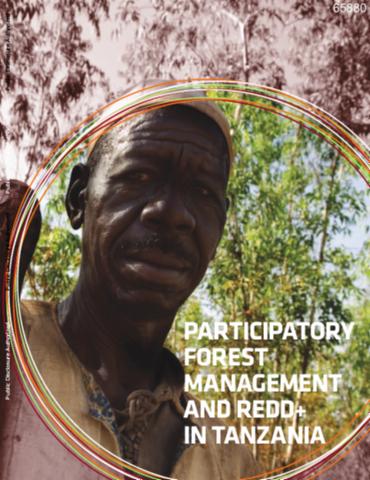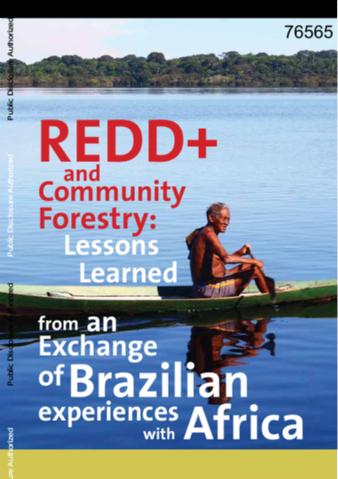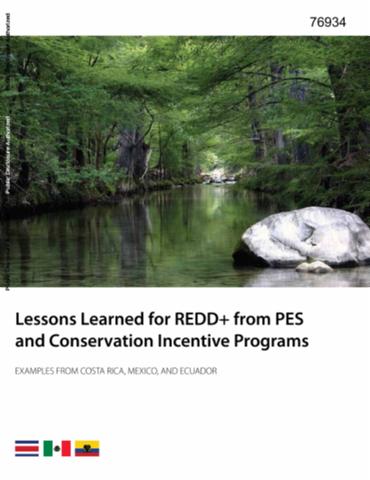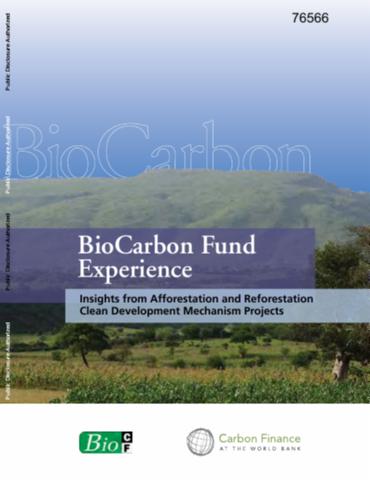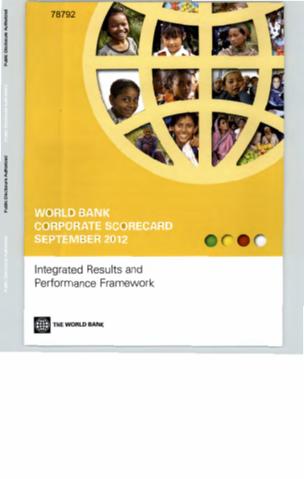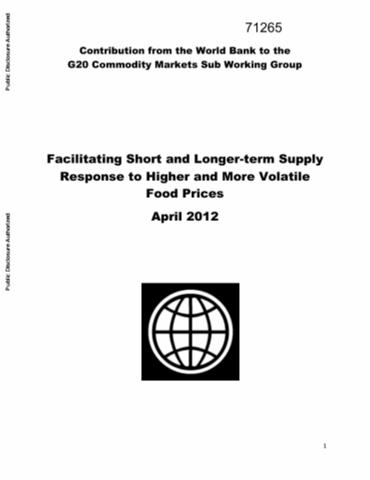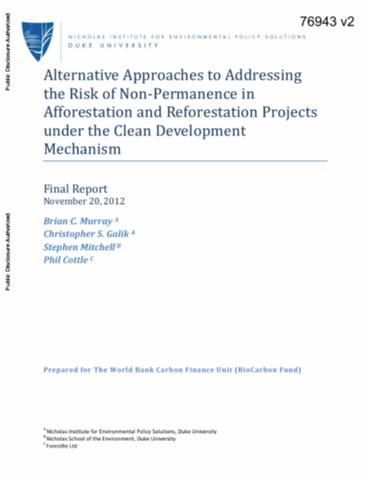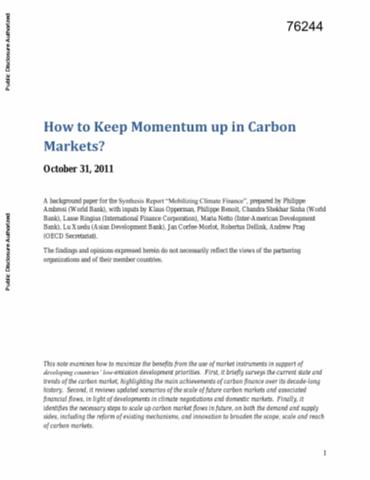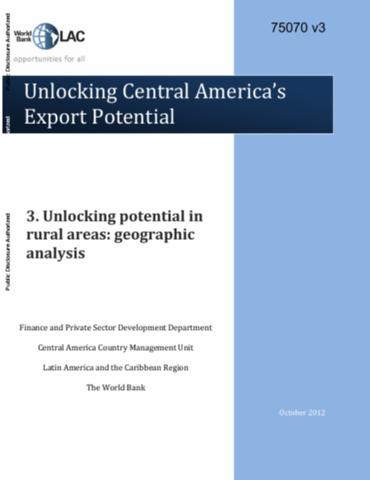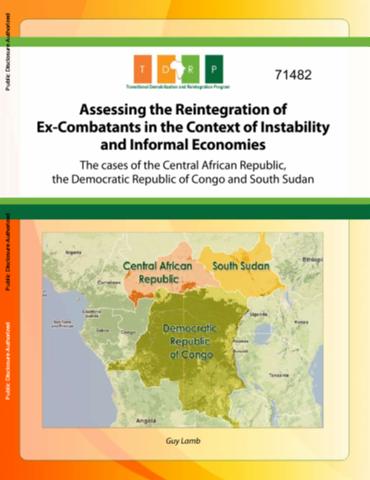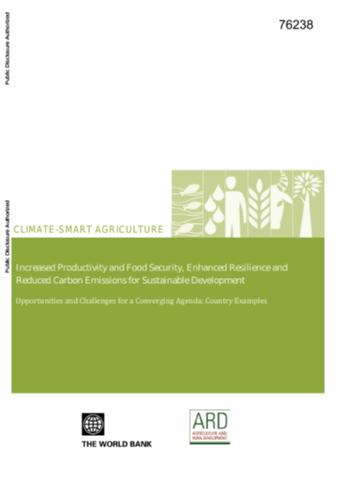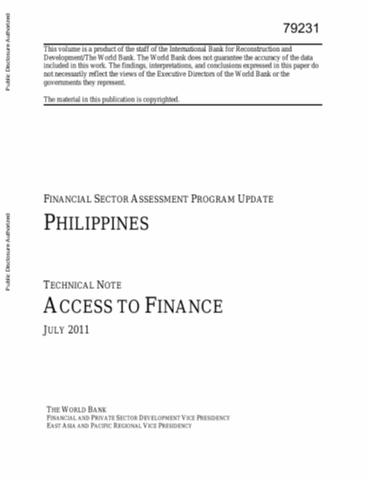Participatory Forest Management and REDD+ in Tanzania
Tanzania's land, local government and forest laws mean that rural communities have well defined rights to own, manage and benefit from forest and woodland resources within their local areas through the establishment of village forests. This approach, known by practitioners as Community Based Forest Management (CBFM) results in the legal establishment of village land forest reserves, community forest reserves or private forests. By 2008, 1,460 villages on mainland Tanzania1 were involved in establishing or managing village forests covering a total of over 2.345 million hectares.

